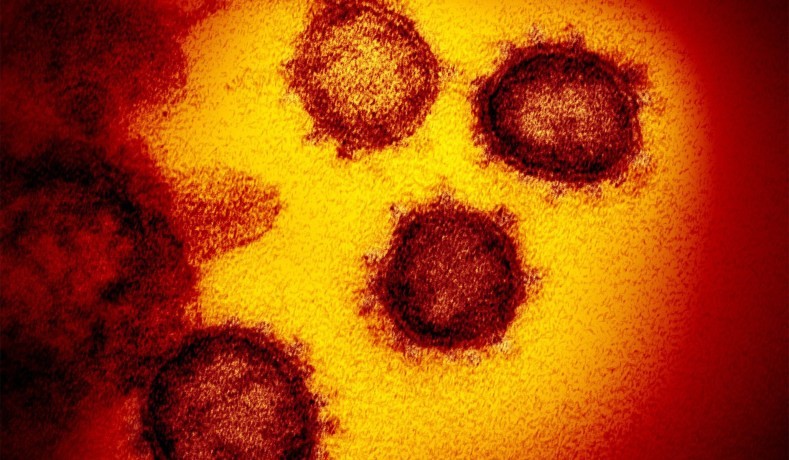Does COVID-19 Stick to Clothing?

There are still many things that we do not know about COVID-19. There are also many informations circulating on social media about the virus that most of the time mislead the readers.
It is important to take note that information about the deadly and infectious disease should come from health experts, epidemiologists, researchers, and other individuals who are credible to talk about the virus.
One of the reasons why everyone should consider this because fake news and misinformation will lead people to become hysterical and to panic. It is the reason why it is not a surprise anymore why people go to different stores and hoard items like alcohol, face masks, and other basic commodities.
In a recently published article, a medical doctor answered some of the most asked questions about the virus.
Here are three of the most salient questions during the interview:
1. Do we know how well this virus adheres to clothing? Should we wash our clothes upon arriving at home?
According to Nicole Saphier that there is one study that shows that there are viable particles that stays on the cardboard for 24 hours.
However, she clarified that "We don't have data that people are actually being infected by touching inanimate objects that potentially have the virus on them, but let's just be safe."
She also shared that as part of their precautionary measures, they took off clothes and put it in the dirty clothes basket then they immediately take a shower. They also wash right away from their clothes.
2. If COVID-19 decreases to a very small number and everyone goes back to work and school, can the remaining small number of infected people start the pandemic all over again?
This is one of the most interesting questions raised to the medical doctor. She said that there may be a fluctuation in recorded cases of the virus over the years. However, she clarified that this will not stop unless there is a vaccine.
She also added that if you let the students go back in school and let the workers go to their different offices while the virus is still there then that will just create another outbreak.
She added: "As soon as we get to the point where there are a decreasing number of infections that our health care workers and hospitals can actually manage, then, yes, we're going to get people back to work. We're going to get people back to school, and we're going to have to monitor those numbers very closely."
3. Could a quicker coronavirus test be one of the keys to flattening the infection curve?
The medical doctor said that the U.S. FDA already approved the COVID-19 testing kit manufactured by California molecular diagnostics company. This will help to rapidly test potential patients and have the results within 45 minutes. Typically, the present testing kits that are widely used across the today can give results up to three days.
It is very important to have a test that can give results in a short period of time because it will diagnose patients at an early stage. Some patients died while waiting for their results.
She also said: "This is why we're seeing such an abundance of overflow in hospitals because while people are waiting for their results, they're all having to be in respiratory isolation. Sometimes people are waiting for several days before they even get a negative result, and we realize they didn't even have to be there."
Read related articles:
Subscribe to Latin Post!
Sign up for our free newsletter for the Latest coverage!
© 2026 Latin Post. All rights reserved. Do not reproduce without permission.















